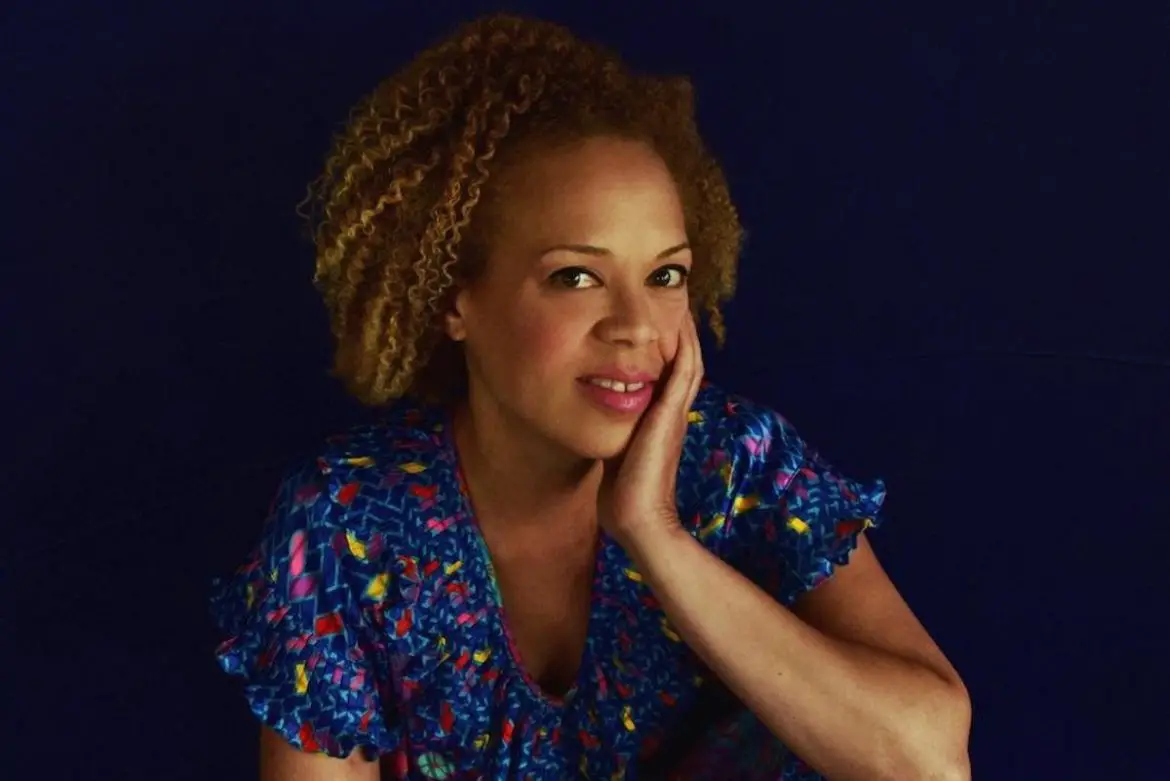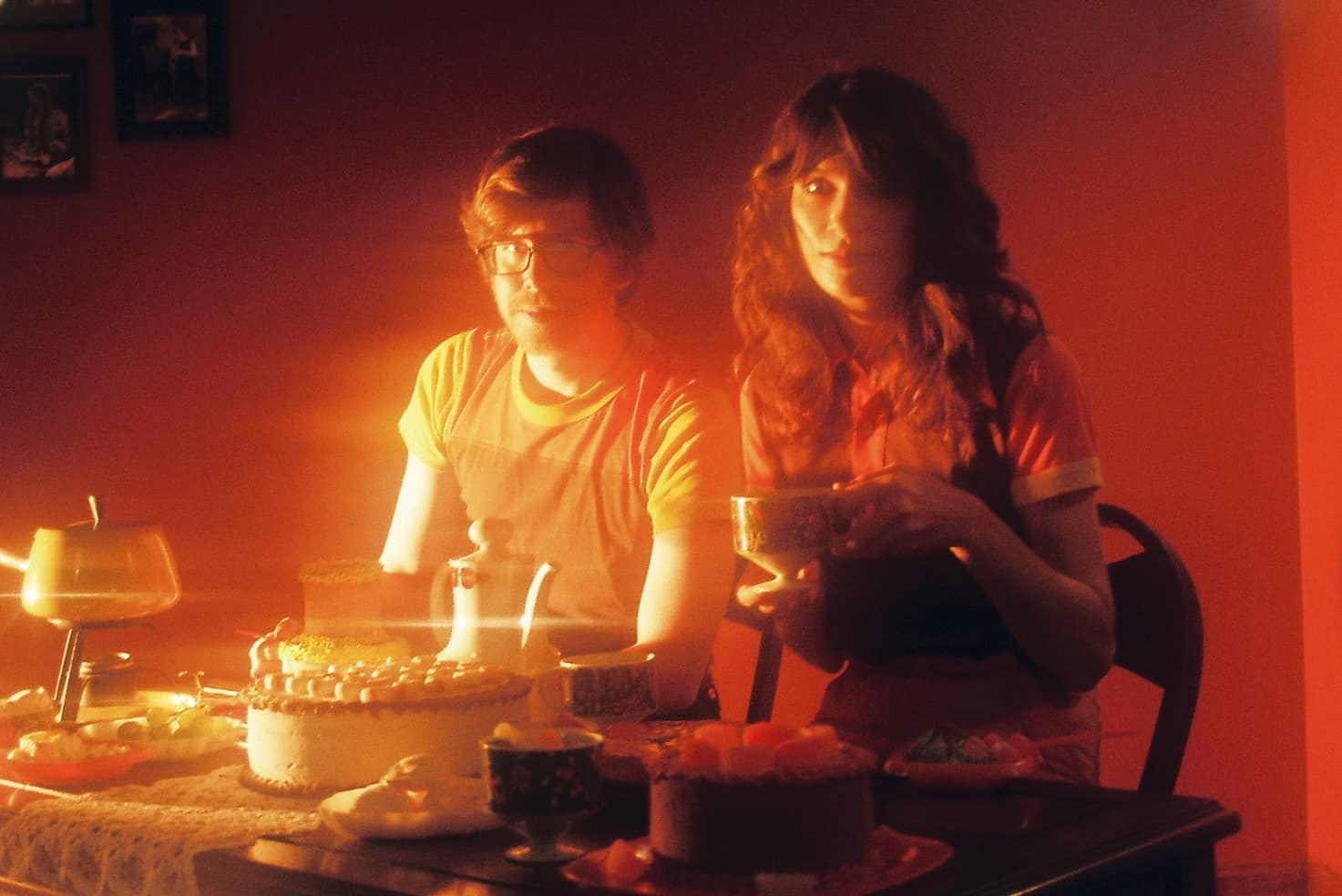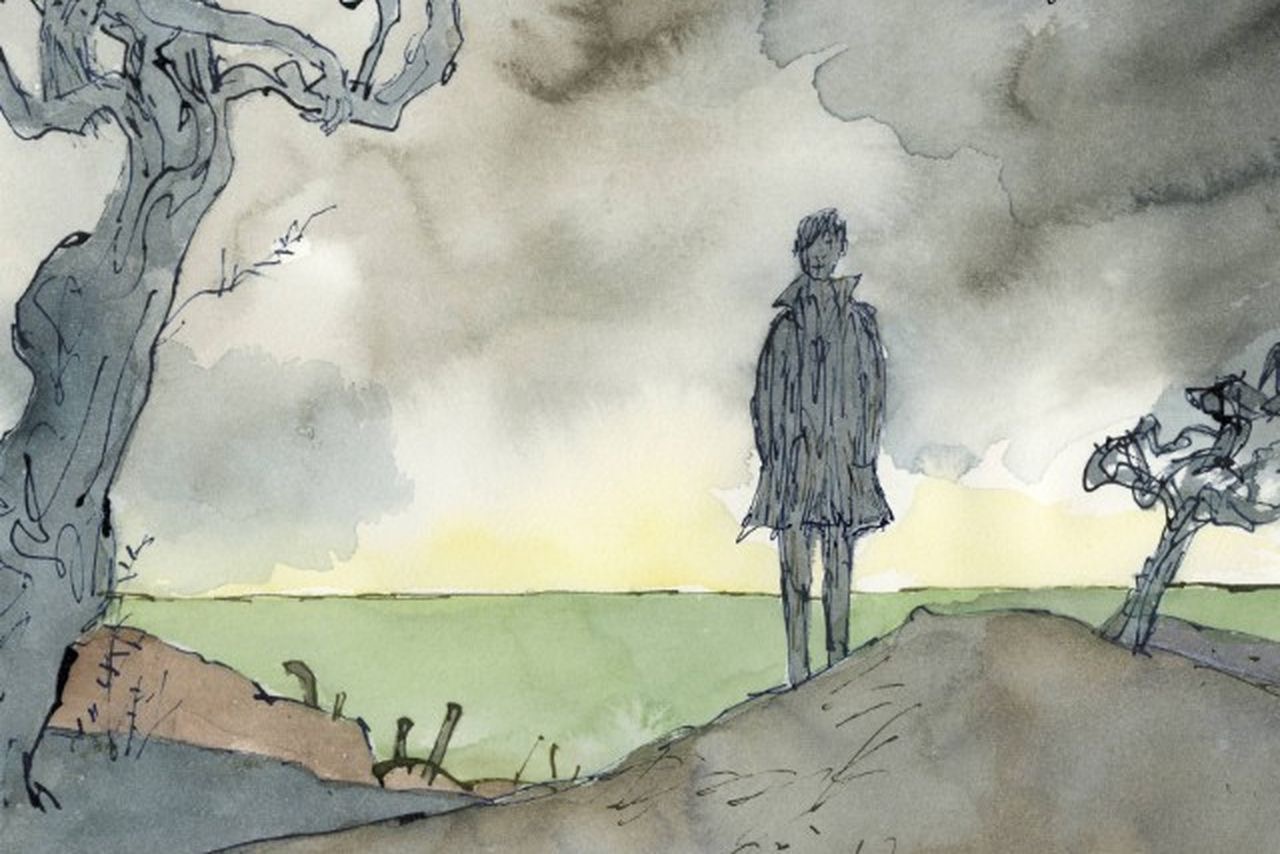This Women’s History Month, Atwood Magazine has invited artists to participate in a series of short essays in observance and celebration of the month’s significance. Today’s submission comes from Los Angeles based composer, vocalist, multi-instrumental electronic musician and multimedia artist Christina Wheeler.
•• ••
Women’s History Month is a commemorative designation that requires urgent, ongoing inclusion of intersectionality issues of race, non-normative gender-expansiveness, LGBTQIA++ expression, classism, ageism, and able-ism in order to fulfill its mission. To this day, far too often, feminist agendas neglect vital intersectional issues, resulting in a far too white and classist movement.
As a Black composer, musician, and multimedia artist, I have also experienced exclusion in my music community and the world at large, due intersectional concerns. Not all women/non-binary/femme people have the same challenges, so we cannot lump everyone together without addressing the nuanced issues faced individually.
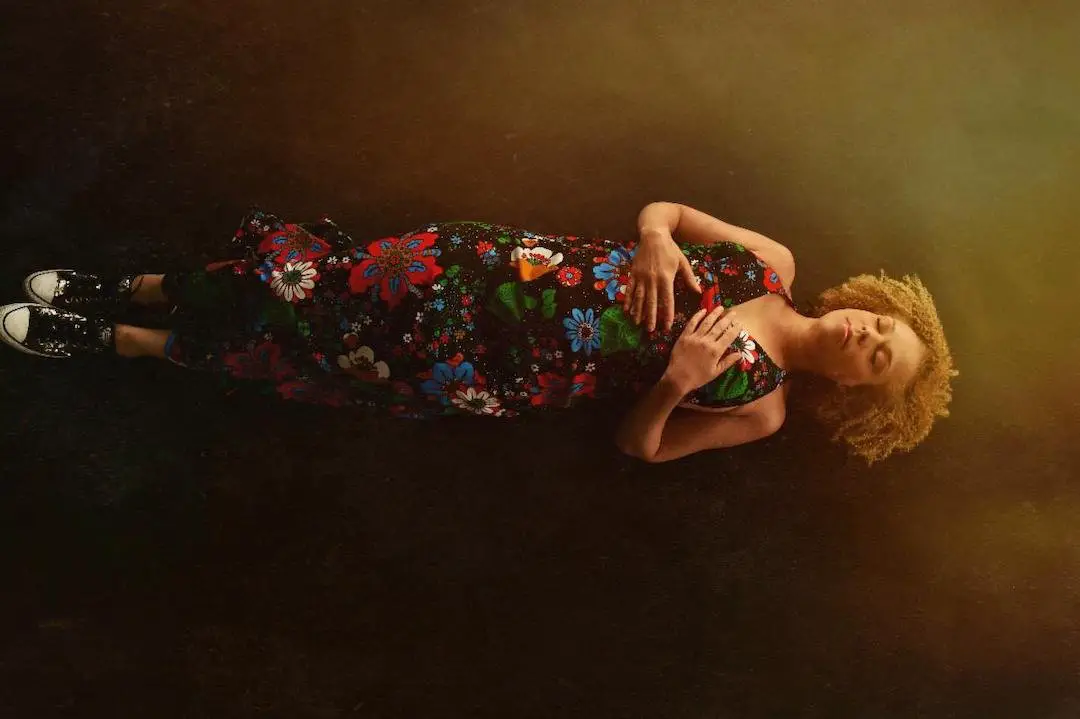
The music industry continues to promote artistic youth at the expense of maturity.
As a mid-career artist, it is demeaning and demoralizing to continue to be subjected to systemic industry erasure, particularly at the prime of my creative practice. Misogynoir, the intersection of Black racism and sexism, exponentially worsens when ageism is included. More than once, I have had a white male music colleague interrupt me mid-conversation with another white male colleague, not acknowledge my presence or the current conversation, only to watch the two begin conversing and behaving as though I’m not even there. The disrespect and invisibilization of the non-“micro”/actually macro aggressions are chronic and very real.
With the increased visibility of the Black Lives Matter movement worldwide, white allies often ask, “What can I do?” Within the music industry, there are very specific actions that can be taken: integrate the professional communities, in front of and behind the stage, including crew, administration, and arts funders, and larger governing bodies. Scarcity impulses need to be jettisoned, and expansive abundance must be embraced, to create ample opportunity to include everyone; this prioritization must be foregrounded and commensurate results produced.
Specifically, this means ending tokenism as a viable alternative. Far too often, too many BIPOC women/non-binary/femme artists are excluded from inclusion, because those in positions of decision-making power believe that including one BIPOC person is enough. Sadly, far too often, these token artists are chosen specifically to not proactively uplift other BIPOC artists, thus maintaining the predominantly white status quo.
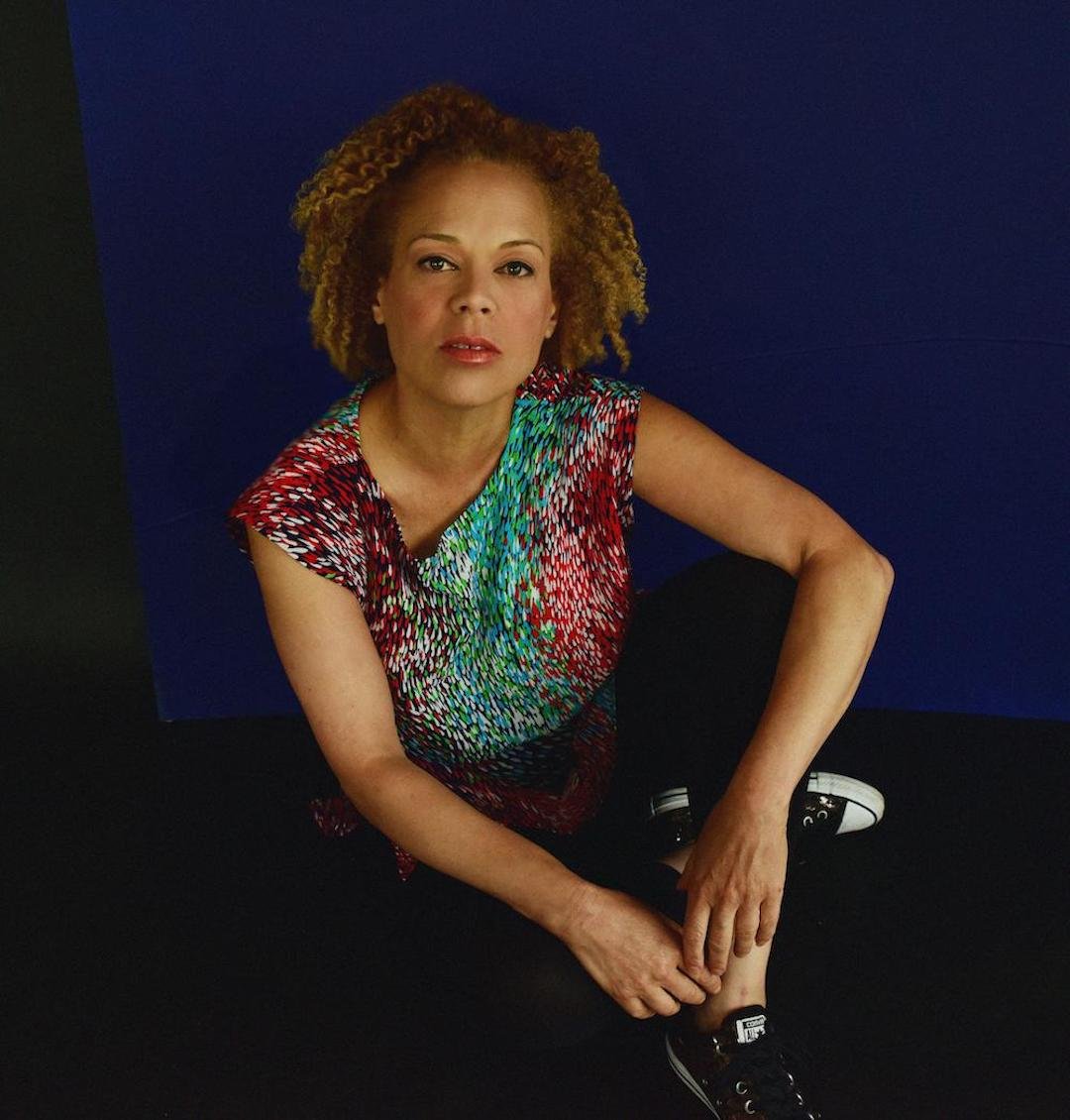
Change means proactively respecting BIPOC artists in language.
Specifically, the music industry should stop using the term “talent buyer,” As a descendent of enslaved people, I find this term incredibly offensive. I am not for sale. My artistic services are available for hire, but I am not an object for purchase. “Talent booker,” “talent organizer,” or “talent curator” are appropriate alternative. The music industry must change this today.
Another important issue in music and technology is proactively encouraging BIPOC women/non-binary/femme children’s participation. Young girls and non-binary/femme youth need role models to see themselves reflected in the music world. As an electronic musician and tech-based artist, I had few role models coming up. It was incredibly touching, when I played at NYC’s P.S.1’s, to have young femme attendee approach me post-set and share how inspired they were seeing me perform as a solo artist with hardware and technology.
In addition, young girls and non-binary/femme youth need access to technology early on, to develop the skills needed to become the next generation of musicians changing the music industry landscape, so we see the world that we want to live in. Groups like Beatz by Girls, Girls Make Beats, and Gender Amplified initiate community outreach to engage BIPOC girls and non-binary/femme youth in sponsored workshops, providing hands-on experience with music technology and production introduction.
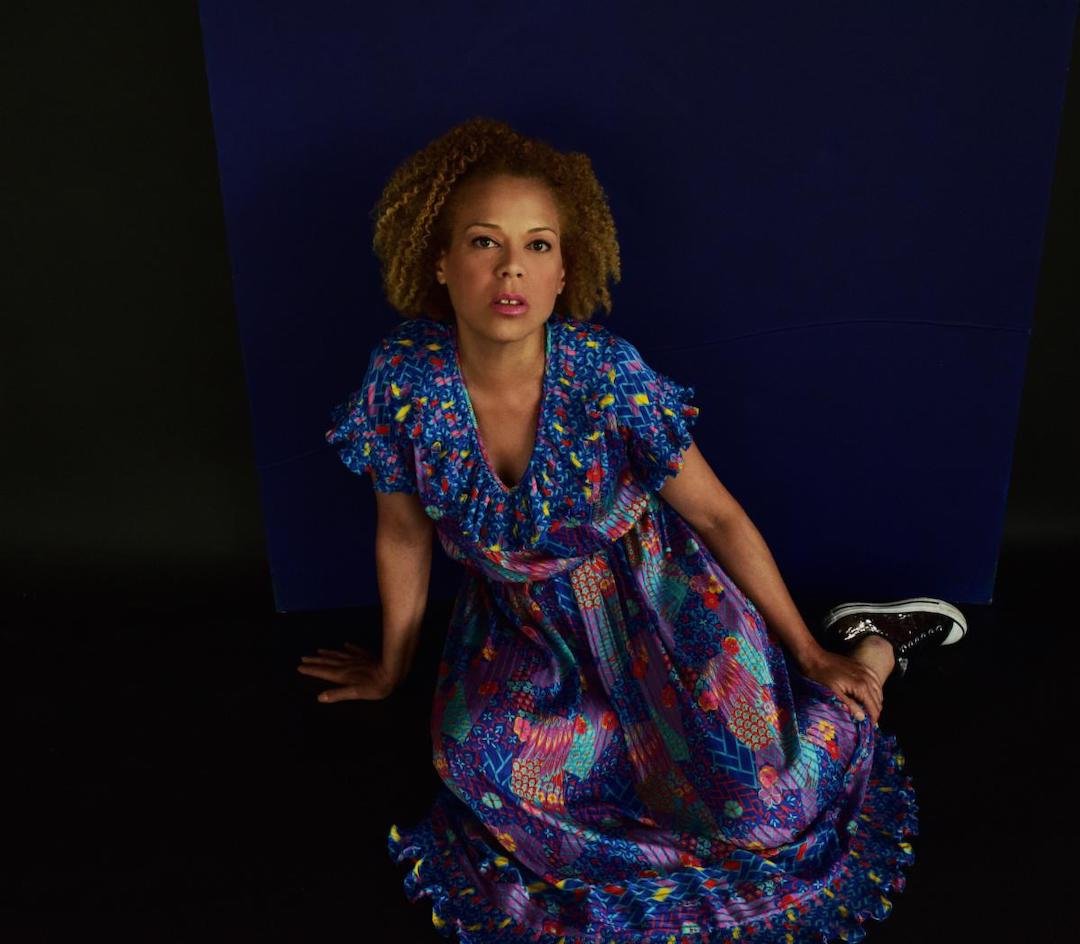
As a life-long artist with a unique creative practice, it is imperative that I give everything back while I can, through sharing resources, teaching, offering public workshops, and supporting other BIPOC women/non-binary/femme artists whenever possible.
I ask you: do your actions match your words? Are you taking proactive steps to create the world you envision and want to live in? You can take meaningful action in your personal life every day. Make the decision. Take the steps. Change the world. – Christina Wheeler
— —
— — — —

Connect to Christina Wheeler on
Facebook, Twitter, Instagram
Discover new music on Atwood Magazine
? © Shervin Lainez
:: Christina Wheeler ::

